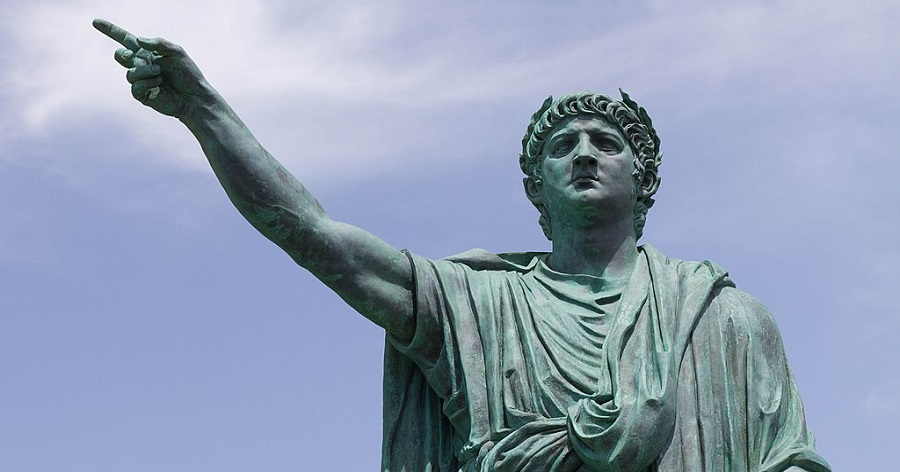
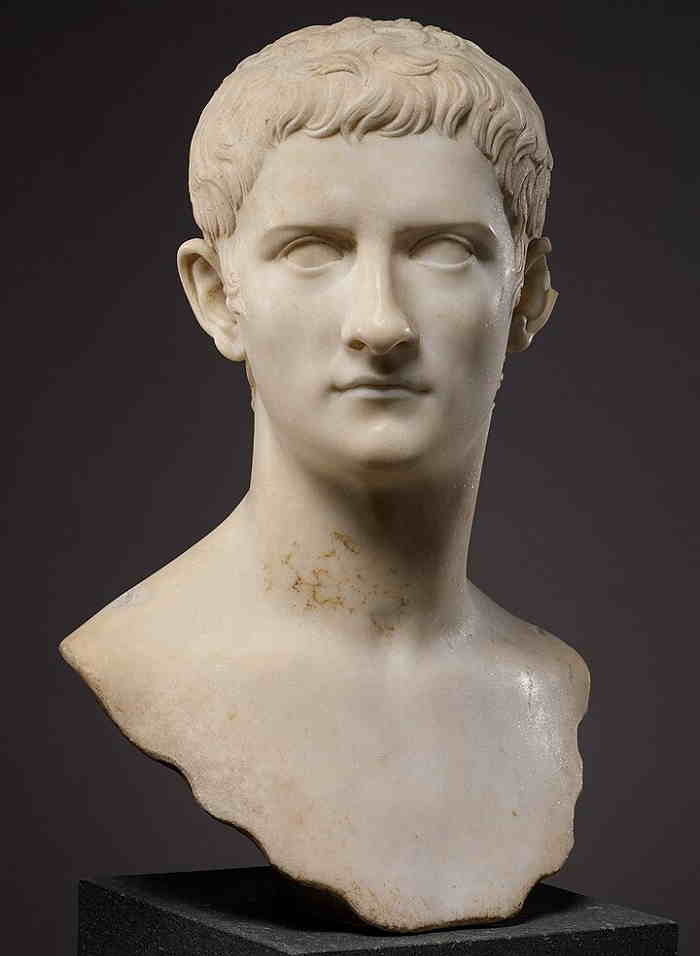
Caligula is widely regarded as one of the worst Roman Emperors. He reigned from AD 37 to AD 41. He was known as a cruel and insane tyrant who abused his power. He was the third emperor of the Julio-Claudian dynasty and was the great-grandson of Julius Caesar. Caligula was known for his excessive cruelty and extravagance. He was famous for his tyrannical behaviour and oppressive rule, which led to the deaths of many people. He also commonly ordered the execution of anyone who opposed him. He was also known for his sexual depravity and his outrageous behaviour, which included having sexual relationships with his sisters and other women.
Caligula's reign was marked by his extravagance and wasteful spending. He was known for his extravagant building projects, such as a bridge connecting the palace with the Temple of Jupiter and a large artificial lake. He also spent large amounts of money on lavish parties.
He was known to have persecuted Jews and Christians and he even declared himself a god and demanded that his subjects worship him. Caligula was eventually assassinated in AD 41, after ruling for just four years. His legacy as one of the worst Roman Emperors remains, with his name becoming synonymous with tyranny and cruelty. His reign was marked by his extravagance, corruption, and cruelty which ultimately led to his downfall.
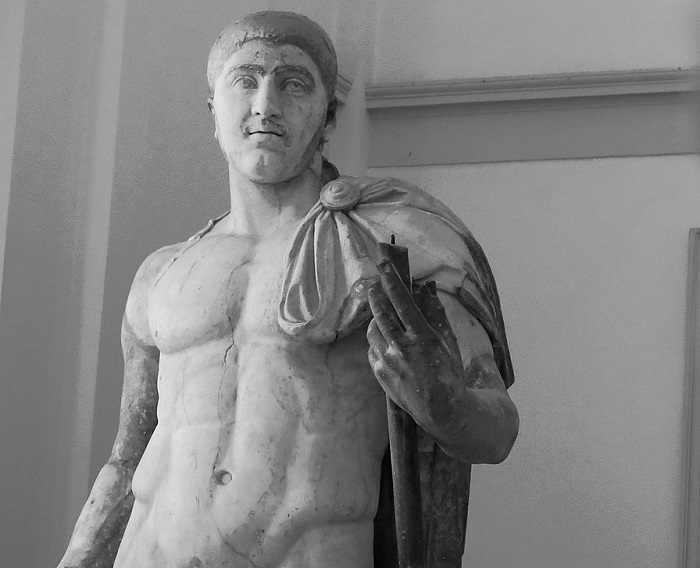
Elagabalus (full name Marcus Aurelius Antoninus Augustus) was one of the worst Roman emperors of all time. He was born in 203 AD and reigned from 218 to 222 AD. He was 14 years old when he came to power and his brief reign was marked by extravagance, perversion, and cruelty. Elagabalus's extravagance and eccentricity were legendary. He spent vast amounts of money on wild parties, luxurious banquets, and expensive clothes. He also spent a lot of money on public works projects, such as roads, baths, and aqueducts. He even had a golden chariot built to transport him around the city.
Elagabalus was also known for his perverse and immoral behavior. He was said to have engaged in sexual orgies and to have dressed in women's clothing. He was also rumored to have taken male lovers, which was considered taboo in the Roman Empire. Elagabalus was also known for his cruelty. He had numerous political rivals killed and tortured. He also had a reputation for capriciousness and impulsiveness. He would frequently change his mind on issues, and was known to be easily swayed by bribes. Elagabalus's reign came to an end when he was assassinated by members of the Praetorian Guard in 222 AD. He was only 18 years old at the time of his death. His reign lasted only four years and is widely regarded as one of the worst in Roman history.
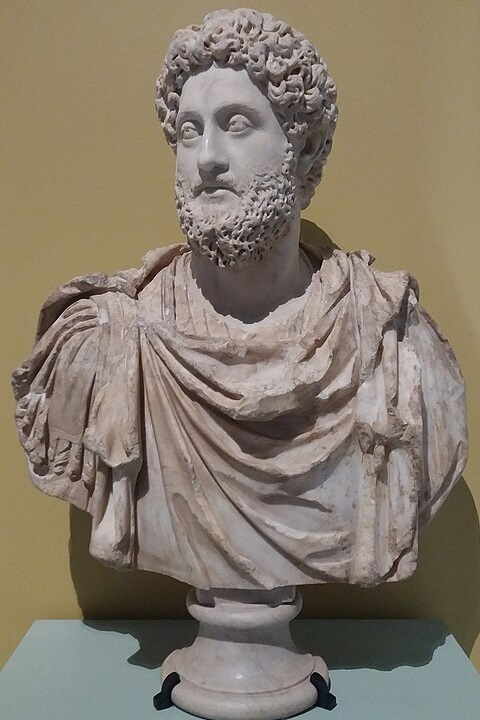
Commodus is considered by many historians to be the worst Roman emperor of all time. He was the son of the beloved Marcus Aurelius, who was a great ruler. Commodus was born in 161 AD and he came to power in 180 AD. He was only eighteen when he became emperor and he was not prepared for the responsibilities of the job. Commodus was an incredibly egotistical ruler, and he decided to change the name of Rome to “Commodiana” and rename the months of the year after himself. He was so obsessed with his own image that he had statues of himself erected in many public places. He also demanded that he be addressed as a living god and had himself portrayed as the Roman god Hercules.
Commodus was a brutal ruler who enjoyed watching gladiators fight in the Colosseum. He also enjoyed hunting animals, and it is said that he killed a hundred lions in one day. He was known for his cruelty towards his political opponents and his own people. Commodus had a very extravagant lifestyle. He spent a great deal of money on luxurious items such as jewelry and fine clothing. He also built a “pleasure palace” for himself, which was filled with exotic animals and other luxurious items. He was also very fickle, he would make and then quickly change laws. He was also known for his corruption and bribery.
Overall, Commodus was a terrible ruler whose reign is remembered as one of the worst in Roman history. He was known for his extravagance and cruelty, as well as his incompetence and corruption. His reign caused great suffering for the people of Rome and he left the empire in a state of decline.
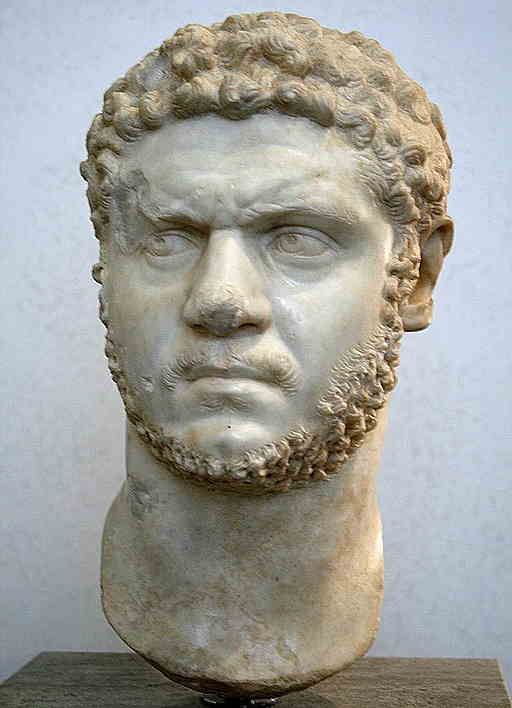
Caracalla, who reigned from 198-217 AD, was one of the worst Roman emperors in history. He was the son of Septimius Severus, who was a strong and successful emperor, Caracalla was initially popular with the people and was a successful military leader. However, as his reign progressed, he became increasingly tyrannical and unstable. He was known for his cruelty and ruthlessness, and even his own family feared him. Caracalla was known for executing people without trial, and he even had his own brother Geta murdered in 211 AD. He also confiscated land, increased taxes, and increased the size of the army, which led to a decrease in the standard of living for many people.
Caracalla was also known for his erratic behavior and his habit of executing anyone he perceived as a threat. He was known for having a great fear of assassination, and he even had his bodyguards carry him around in an elaborate litter. He had a hatred of the Senate, which he saw as a threat to his power. Caracalla also had a great hatred of the Jews and blamed them for causing the famine in Rome. He had them persecuted and killed, and even confiscated their property. He was also known for his brutal treatment of slaves, and he was known to have them tortured and killed. Overall, Caracalla was one of the worst Roman emperors in history. He was known for his cruelty, ruthlessness, and erratic behavior, and his reign was marked by instability and unpopular policies. His reign was ultimately a disaster for the Roman Empire.
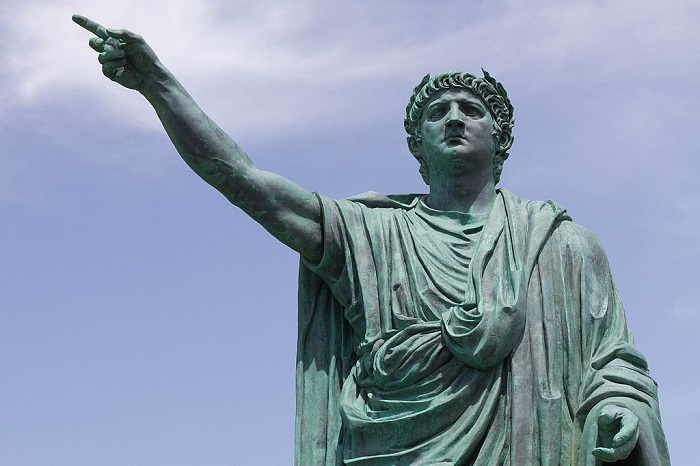
Nero is widely regarded as one of the worst Roman emperors in history. He was the last of the Julio-Claudian dynasty, ruling from 54–68 CE. Nero’s reign was marked by numerous atrocities and scandals, including the persecution of Christians and the widespread plunder of Rome’s treasury. Nero was a cruel and capricious ruler. He was known for his excessive extravagance and excessive spending. He built a massive palace, the Domus Aurea, which caused a severe financial burden on the Roman people. He also increased taxes to fund his lavish lifestyle, which caused widespread discontent amongst the lower classes.
Nero was also known for his cruelty towards those who disagreed with him. He ordered the execution of his first wife, Octavia. He also had a significant number of his political enemies executed, including the philosopher Seneca. Nero was also known for his depraved behaviour. He is said to have taken part in orgies and other immoral activities. He is also said to have enjoyed watching public executions and torturing people for his own amusement. Nero was also known for his disregard for the law and his own conscience. He was a tyrant who was willing to go to any length to maintain his power and live a life of extravagance and debauchery. His reign was marked by numerous atrocities and scandals, which caused widespread discontent amongst the people. He is remembered as one of the worst tyrants in history, and his reign is seen as a dark chapter in Rome’s history.
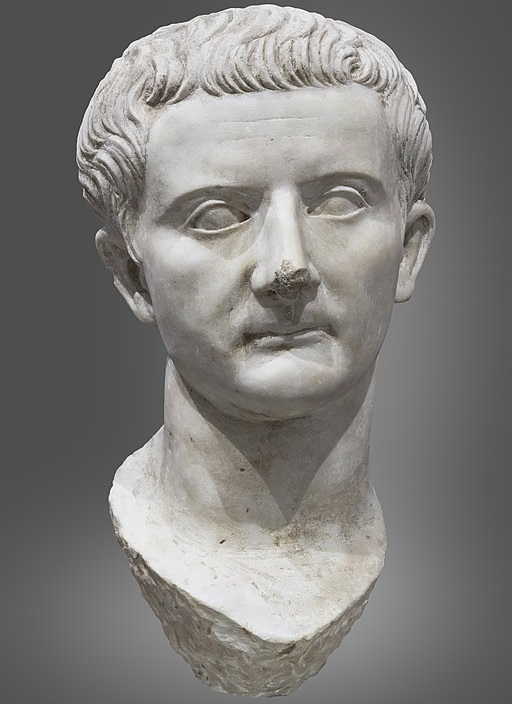
Tiberius was one of the worst Roman emperors in history. He was known for his cruelty and despotism. His reign began in 14 AD and lasted until his death in 37 AD. During his reign, Tiberius was known for his extreme cruelty and oppression of the people of Rome. He was known to be a paranoid ruler and had spies everywhere. He was so paranoid that he even had a secret police force that would watch his own people. He was also known for his severe punishments such as branding, flogging, and crucifixion.
Tiberius was also known for his fiscal mismanagement. He was known to be excessively extravagant and spent huge amounts of money on luxury items and building projects. He was also known for his high taxes and for taking the people’s money for personal use. Tiberius was also known for his avarice and greed. He was known to have a deep love for money, and was known to hoard it. He was also known to be corrupt and to use bribery to gain favor and power.
Tiberius was also known for his cruelty and his lack of concern for the people of Rome. He was known to be callous and indifferent to their needs and suffering. He was also known to be a tyrant and to use fear and intimidation to maintain control. Tiberius was an oppressive and authoritarian ruler. He was known to be a ruthless and despotic ruler, who cared little for the people of Rome. His reign was marked by cruelty, avarice, fiscal mismanagement, and a lack of concern for the people.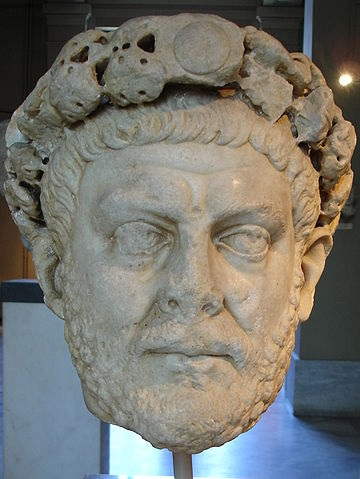
Diocletian was Roman Emperor from 284 to 305 AD, and is considered one of the worst emperors in Roman history. He is remembered for his brutality, his oppressive rule and the persecution of Christians, and for the economic crisis that followed his rule. Diocletian rose through the ranks of the military to become emperor in 284. His first decision as emperor was to divide the empire into two parts, with two co-emperors ruling in the east and west. He also instituted a number of reforms to combat financial problems, including the introduction of a new currency and a new tax system. However, Diocletian's reign is best known for its brutality.
He was a fierce persecutor of Christians, ordering mass executions and imprisoning those who refused to comply with his edicts. He also instituted a number of oppressive measures, such as forcing people to register their property and imposing price controls on food and other goods. In addition to his oppressive rule, Diocletian's reign is remembered for its economic crisis. His reforms caused inflation, and his tax system caused widespread poverty. At the same time, his military campaigns and the cost of maintaining his court drained the treasury. The crisis worsened after Diocletian's abdication in 305, and the next emperor, Constantine, struggled to restore prosperity. Diocletian's reign is remembered as a dark period in Roman history, and as one of the worst emperors of all time.
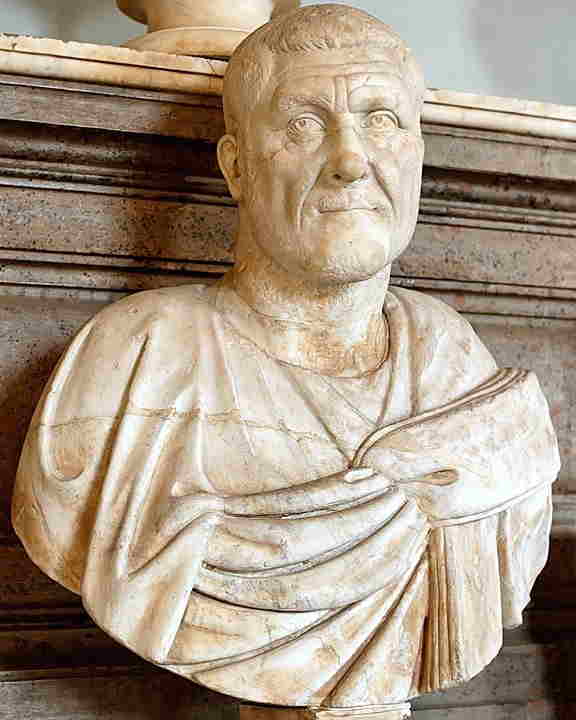
Maximinus Thrax, who reigned as the Roman Emperor from 235 to 238 AD, stands as one of the most notorious examples of imperial incompetence and brutality. His reign was marked by a series of disastrous decisions and oppressive policies that plunged the empire into chaos and suffering.
Maximinus, a former Thracian common soldier, lacked the noble pedigree and political experience necessary for effective rule. His rise to power was accompanied by widespread distrust and unrest, as his brutal and arbitrary nature became evident almost immediately. He purged the Senate, eliminating potential rivals, and subjected the population to heavy taxation to fund his militaristic ambitions.
His treatment of the military was no better. Despite his background as a soldier, Maximinus alienated his troops through harsh discipline and unreasonable demands. His obsession with military campaigns drained the empire's resources, leaving the civilian population impoverished and discontented. Rampant corruption and abuse of power further eroded any semblance of stability.
Perhaps the most egregious example of Maximinus' tyranny was his disregard for human life. He unleashed a reign of terror, persecuting Christians and anyone perceived as disloyal to his rule. His oppressive policies triggered numerous revolts and uprisings across the empire, as the people grew weary of his despotic regime.
Maximinus' short-sightedness and inability to understand the intricacies of governance led to economic decline and social unrest. His reign culminated in a wave of assassination attempts, which eventually resulted in his own death. Maximinus Thrax's legacy serves as a stark reminder of the disastrous consequences of unchecked power in the hands of a ruthless and ill-equipped leader, leaving a trail of suffering and instability in his wake.
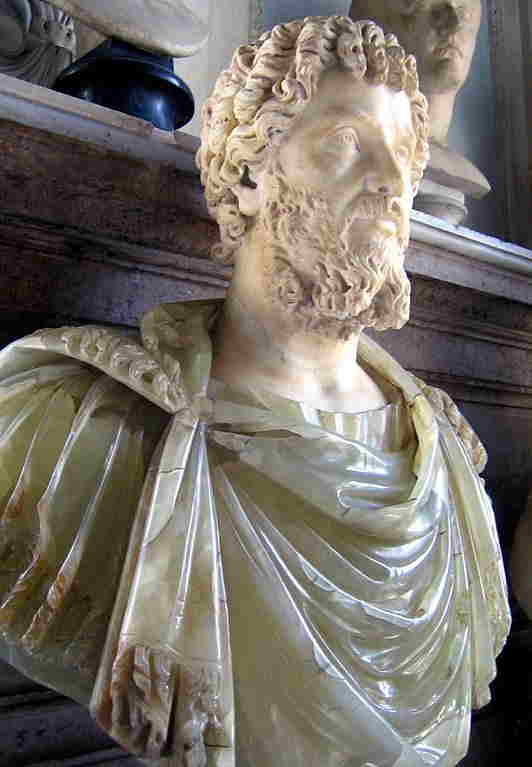
Septimius Severus, despite his military achievements and consolidation of power, is often remembered as a divisive and problematic emperor in Roman history. His reign, spanning from 193 to 211 AD, was marked by a mix of ruthlessness, economic mismanagement, and favoritism that left a negative impact on the empire.
Severus's ascent to power was marked by violence and instability. After securing the throne through a bloody civil war, he set a dangerous precedent for future emperors by openly rewarding his supporters and purging perceived threats. This approach undermined the rule of law and led to a cycle of political instability and intrigue.
Economically, Severus's policies contributed to the empire's decline. His lavish spending on military campaigns, coupled with a disregard for fiscal responsibility, led to heavy taxation and a strained economy. The burden fell on the shoulders of the already struggling populace, causing widespread suffering and discontent.
Furthermore, Severus's preference for the military and his disregard for the Senate created a rift between the various power centers within the empire. His militaristic focus resulted in an expansionist agenda that strained resources and manpower, often at the expense of civilian welfare and economic stability.
His rule also saw increased centralization of power, which curtailed local autonomy and bred resentment among the provinces. Severus's approach to governance lacked the balance needed for effective administration, ultimately sowing the seeds for future administrative challenges.
Perhaps most damning is Severus's legacy of dynastic strife. In an attempt to ensure the stability of his dynasty, he groomed his sons Caracalla and Geta to succeed him. However, the deep-seated rivalry between the siblings ended in fratricide and further instability.
While Severus achieved military successes and contributed to the expansion of the Roman Empire, his reign's darker aspects cannot be overlooked. His harsh rule, economic mismanagement, and failure to foster unity and stability tarnish his legacy as a ruler who prioritized his own interests over the well-being of the empire and its citizens.
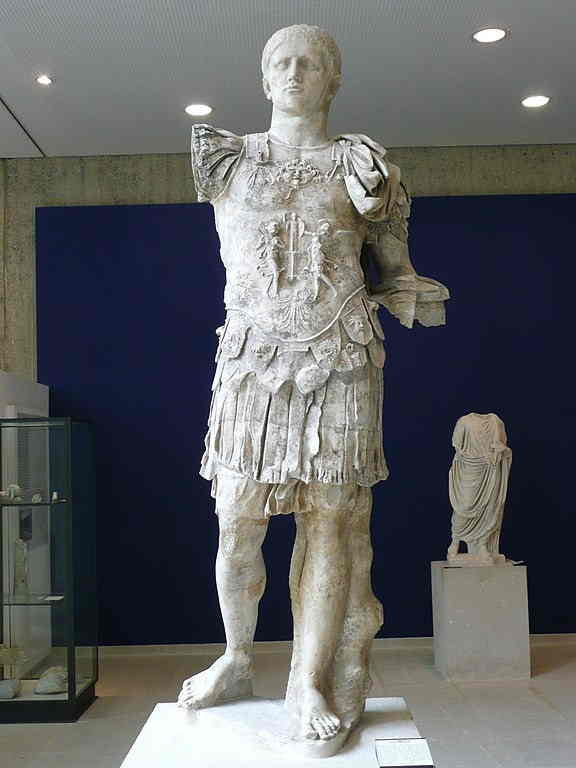
Domitian, the Roman Emperor who ruled from 81 to 96 AD, stands as one of the most despotic and tyrannical figures in imperial history. His reign was marred by a toxic blend of cruelty, paranoia, and mismanagement that inflicted profound harm on the Roman Empire.
Domitian's rule was characterized by his excessive cruelty towards perceived enemies and dissenters. He carried out ruthless purges, targeting senators, aristocrats, and even members of his own family suspected of disloyalty. The widespread atmosphere of fear stifled open discourse and bred an environment of trepidation and suspicion.
His economic policies also contributed to his notoriety. Domitian levied exorbitant taxes to finance his lavish building projects and military campaigns. This heavy taxation burdened the populace and led to widespread discontent. Meanwhile, his erratic fiscal policies, including currency devaluation, destabilized the economy, causing inflation and financial turmoil.
Domitian's autocratic tendencies were also evident in his desire for deification and cult-like worship. He demanded titles like "Dominus et Deus" (Lord and God) and constructed extravagant monuments to himself, further alienating him from the people he was meant to govern.
The emperor's paranoia manifested in his treatment of the Senate. He stripped the body of its power, rendering it a mere puppet under his autocratic rule. His obsessive focus on centralizing power and suppressing opposition eroded the foundations of Roman governance and created an atmosphere of resentment among the aristocracy.
Ultimately, Domitian's oppressive rule led to his assassination in 96 AD. In the annals of history, Domitian remains a prime example of how unchecked power can lead to the degradation of institutions, the suffering of citizens, and the unraveling of a once-great empire.